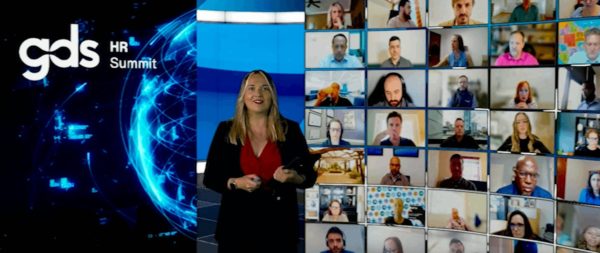Many people with dyslexia struggle in school and often have trouble finding employment later in life. But it doesn’t have to be this way. Dyslexia is a common neurological disorder that mainly causes problems with reading, writing, and spelling. According to the University of Cambridge, it is estimated that up to 20% of the general population has some form of dyslexia. While it can be challenging and perplexing, there are many people with dyslexia who have successful and fruitful careers.
Blogging about this area is one that is very close to my heart as I personally, was diagnosed with dyslexia a few years back at the age of thirty-two. It was a shock, a massive shock. I was under the impression that I was just a little bit slow with my education, schooling, and learning.
I had gone over three decades of not knowing and when I got the diagnosis it all made sense. So much sense. That is why I am the way I am. I like being organised. I color code EVERYTHING. It takes me a long time to read. I have been known to recite the same page three times before I move onto the next just so I fully understand the information. Writing and spelling is a constant daily battle, but I would like to think I am getting better at it.
My first thought was why was the dyslexia not picked up sooner in my formative years? A close second was how is this going to affect my employment prospects and chances. How can an organization support an employee to not only work, but to thrive and progress within their company culture? There are several accommodations that can help people with dyslexia in the workplace and employers should be willing to provide reasonable adjustments. Some common modifications include
Providing materials in an alternate format
I am very much a kinaesthetic learner, so I learn by carrying out physical activities, rather than listening to a lecture or watching demonstrations. Other substitute modes include large print, audio, and digital. A place to manage information has been crucial to me. I highly recommended using Notion, the calendar on my Macbook, and Google Keep to keep organised on a day-to-day basis. I also use Grammarly obsessively and the spell checker on Microsoft Word to check any grammatical or speeling mistakes I make.
Color, color, and color!
This is personal preference, but a white background is too overpowering for me, so I use yellow to help my eyes focus. I was provided with a yellow filter that I place over text so that makes the words look sharper. I also use a yellow background with black text on my autocue when I present!

A quiet work environment and support
I regularly lock myself in a room or studio to have some quiet time because if it gets too loud, I cannot concentrate. It makes all the difference. I am currently sat in one the GDS Group’s studios typing this blog as there is too much hubbub outside! I have also been very fortunate to have a line manager that is patient, flexible, and supportive. She has been instrumental in my writing progression over the past year by checking my content before it is submitted to provide feedback. This way I can make any edits to make sure it flows in the proper way.
A fascinating take on dyslexia is a recent study from the Frontiers in Psychology journal. The academics reported “that people with dyslexia are specialists in exploration and curiosity. This ‘explorative bias’, as they describe it, plays a ‘crucial role’ in human survival by helping us adapt to changing environments. Inventiveness and big-picture, long-term thinking is among the skills and strengths linked to these explorative behaviours.” Reading this study was very prudent to me and proved that dyslexia is something that should be embraced and not exclude. Bearing in mind the vast amount of people with this disorder, and its incomparable advantages, employers should do all they can to embrace it in the office or studio in my case! That starts with who you hire and how you enlist them.
The aforementioned accommodations can make an immense difference in the workplace environment. I know it has for me. The main objective is to communicate with the individual as each person is unique with their dyslexia. By understanding the challenges that dyslexia can pose, employers can create a more inclusive, diverse, and supportive work environment for everyone.
Thank you to everyone for reading and if anybody would like to chat about anything in this blog then you can find me on LinkedIn and other social media platforms.
GDS Summits are tailored 3-day virtual event conferences that bring together business leaders and solution providers to accelerate sales cycles, industry conversations and outcomes. Regarding the HR Digital Summit 88% of Delegates said the overall experience of the Digital Summit they attended was either Above Average or Excellent and 100% of Delegates said the Digital Summit provided them with actionable outcomes to support their current initiatives.
For more, click here to hear from attendees on how GDS has helped them to achieve their business outcomes.
Continue the debate at GDS’ HR Summits where we bring together senior human resources executives who are actively seeking to share, learn, engage, and find the best solutions.












